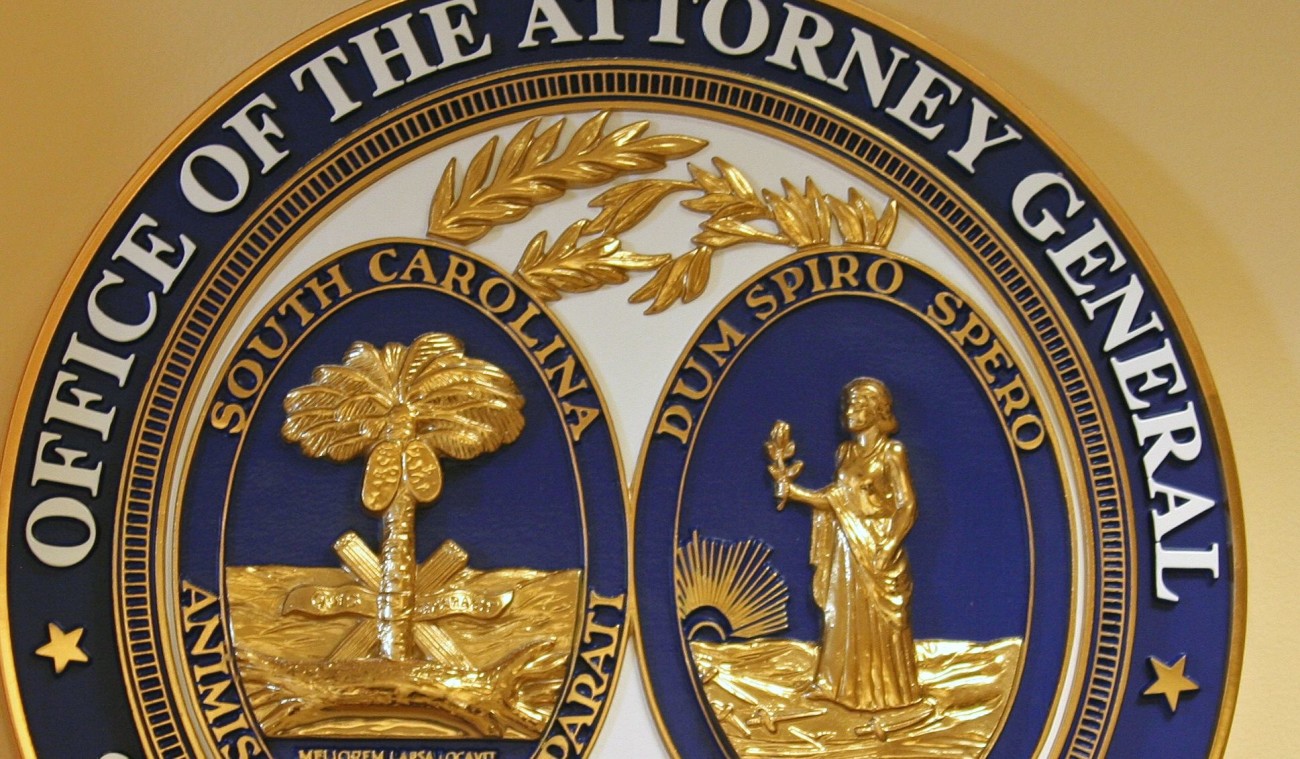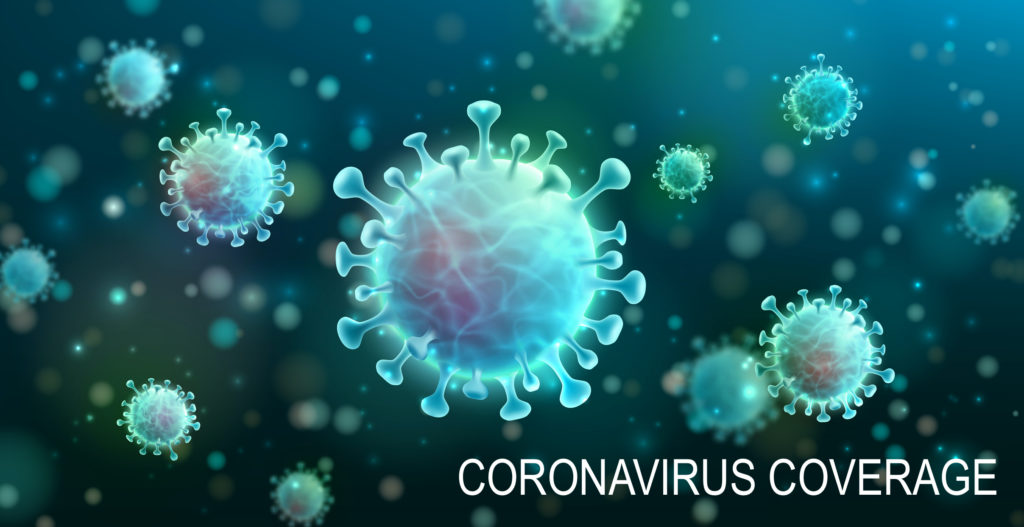South Carolina governor Henry McMaster holds the authority to issue shelter in place orders during states of emergency, not local governments … at least that is the view of the office of S.C. attorney general Alan Wilson.
Actually, that has been the view of the attorney general’s office since 1980, according to an opinion released by Wilson’s office on Friday morning. That opinion was released amid an escalating debate over the proper course the Palmetto State should take in responding to the 2019-2020 coronavirus.
As our news director Mandy Matney reported yesterday, McMaster has yet to issue a shelter in place order – although several local governments (including the two largest municipalities in the state) have issued such orders.
Who has the ultimately authority in such cases? According to Wilson’s office, McMaster does.
“We reaffirm that local government cannot exercise the emergency powers delegated to the Governor by the General Assembly,” the opinion noted. “Therefore, counties and municipalities should be aware that any unauthorized exercise of such emergency powers could subject these political subdivisions to liability at the behest of a private citizen with requisite legal standing.”
Take a look …
WEB EXTRA: ATTORNEY GENERAL’S OPINION
(Click to view)
(Via: S.C. Attorney General)
The opinion – drafted by S.C. solicitor general Bob Cook – does not give McMaster a blank check, however. In fact, it refers to a previous opinion – also authored by Cook – which concluded the governor’s emergency authority (ensconced in § 16-7-10) is “subject to any applicable constitutional limitations.”
Among these limitations? McMaster cannot shut down religious gatherings or restrict freedom of assembly for political purposes …
We concurred with that opinion, noting in a recent post that “any order issued by McMaster must expressly preserve those liberties as it seeks to further encourage South Carolinas to remain in their homes to help contain the spread of the virus.”
Does this mean we think churches, synagogues, mosques and other religious organizations should hold services this weekend? Or that people should congregate in public in large groups for any purpose?
No …
Until we know more about this virus and the extent of its spread, we believe the safe call is to hold off on scheduling such gatherings. And frankly, such a decision strikes us as entirely consistent with the life-affirming values of all major faith traditions.
With each passing day, we believe more and more that the “cure is worse than the disease” as it relates to the coronavirus – however at this point in time there is still far too much uncertainty to state that definitively (even if the coronavirus was spreading in our nation, state and communities long before we started tracking it).
In other words, it is essential at this point in time to continue acting out of an abundance of caution …
(Click to view)
(Via: FITSNews.com)
More fundamentally, though: Are shutdown orders practical? Charleston’s order provided for broad exceptions – and Columbia’s had no sooner been issued than officials were acknowledging its limitations.
And obviously the determination of what constitutes an “essential” business is an important one to keep in mind. Because with the effects of the ongoing shutdown becoming painfully clear, our guess is every business owner is going to argue their work is “essential.”
Our news outlet opined extensively on the shelter in place issue in this post, arguing “most South Carolinians who can stay at home already are staying at home.”
Ultimately, though, we need more data on the virus before we can assess the efficacy of these responses.
As of this writing, the S.C. Department of Health and Environmental Control (SCDHEC) has announced 456 confirmed or presumptive positive coronavirus tests in the Palmetto State – with nine deaths linked to the virus. Unfortunately, this data is essentially meaningless given that SCDHEC has acknowledged severe shortages in critical testing supplies, which have impeded its ability to provide accurate data on the spread of the virus.
Also, as we have noted from the beginning, private labs are also conducting tests, and SCDHEC does not always include data from these labs in its releases.
As of Friday morning, an estimated 85,724 Americans had tested positive for the virus while 1,275 (1.5 percent of the known positive tests) have died as a result of complications from it, according to a database maintained by The New York Times.
Globally, there are 465,915 confirmed coronavirus cases in 199 countries and territories – with 21,031 deaths (4.5 percent of the known positive tests), according to the latest data from the World Health Organization (WHO).
-FITSNews
This news outlet is committed to giving our readers the very latest, most relevant information we have regarding this unfolding global story – and all the stories we cover. To check out more of our coronavirus coverage, click on the link below …
***
WANNA SOUND OFF?
Got something you’d like to say in response to one of our articles? Or an issue you’d like to address proactively? We have an open microphone policy! Submit your letter to the editor (or guest column) via email HERE. Got a tip for a story? CLICK HERE. Got a technical question or a glitch to report? CLICK HERE.



